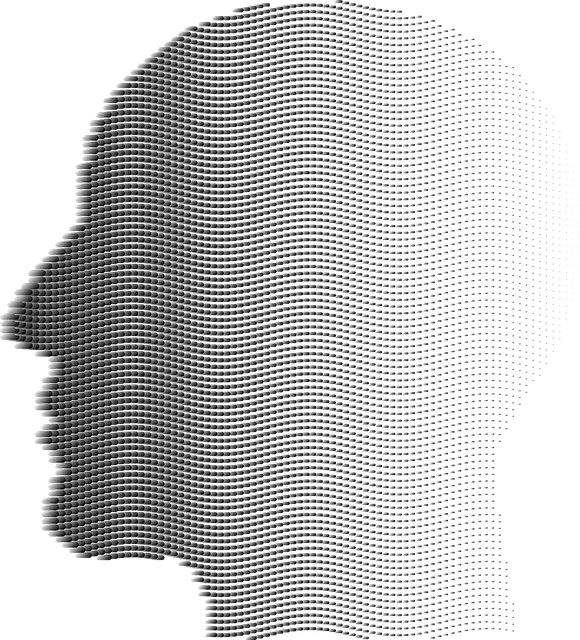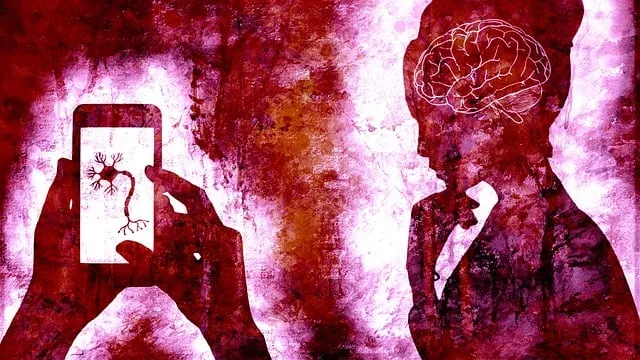The text highlights the significant impact of stigma on mental health and its barrier to treatment. Lakewood Kaiser mental health classes address this issue through educational initiatives focusing on demystifying mental illness, fostering empathy, and creating safe spaces for open discussion. These classes, led by professionals or peer specialists, teach coping skills, emotional regulation, and promote help-seeking behaviors, reducing stigma and improving well-being. Community engagement and personal storytelling are key strategies, encouraging understanding through education, media representation, and open conversations at individual and societal levels, ultimately challenging stereotypes associated with mental health conditions.
Mental illness stigma remains a significant barrier to seeking help, yet efforts to reduce it are gaining momentum. This article explores various strategies employed in the fight against stigma, from education initiatives like the Lakewood Kaiser Mental Health Classes, to community engagement tactics and advocacy through policy change and media representation. By examining these approaches, we uncover the power of personal stories and their role in fostering understanding and acceptance, ultimately paving the way for improved mental health support.
- Understanding Stigma and its Impact on Mental Health
- The Role of Education: Lakewood Kaiser Mental Health Classes as a Strategy
- Community Engagement: Breaking Down Barriers
- Advocating for Change: Policy and Media Representation
- Personal Stories: The Power of Sharing Experiences
Understanding Stigma and its Impact on Mental Health

Stigma surrounding mental illness is a pervasive issue that significantly impacts individuals’ willingness to seek help and maintain well-being. Often characterized by negative attitudes, beliefs, and stereotypes, it creates barriers to access quality mental healthcare. This societal stigma can lead to feelings of isolation, shame, and fear among those struggling with their mental health. Many people facing mental illness may avoid necessary treatment, fearing judgment or discrimination, which in turn exacerbates their symptoms and hinders recovery.
At Lakewood Kaiser mental health classes, efforts are directed towards fostering understanding and empathy through various initiatives. These include educational programs that demystify different conditions, emphasizing the biological and environmental factors contributing to mental health disorders. By promoting positive thinking and building empathy among the community, these strategies aim to dispel myths and create a supportive environment where individuals can openly discuss their experiences without fear of stigma. Additionally, healthcare providers are equipped with burnout prevention strategies, ensuring they offer compassionate care tailored to each patient’s unique needs, thereby reducing the overall impact of stigma on mental health outcomes.
The Role of Education: Lakewood Kaiser Mental Health Classes as a Strategy

Lakewood Kaiser mental health classes play a pivotal role in stigma reduction by providing a structured and supportive environment for community members to learn about mental illness. These classes, often led by professionals or peer support specialists, offer valuable insights into coping skills development, emotional regulation, and mood management. By demystifying mental health concerns through educational sessions, participants gain a deeper understanding of their own experiences and those of others, fostering empathy and breaking down barriers.
Through interactive discussions and practical exercises, Lakewood Kaiser mental health classes equip individuals with tools to navigate life’s challenges more effectively. This empowerment goes beyond mere knowledge; it encourages open conversations about mental health, normalizing discussions and encouraging help-seeking behaviors. By addressing misconceptions and promoting self-care practices, these classes contribute significantly to a more inclusive and supportive community where mental illness is met with compassion rather than judgment.
Community Engagement: Breaking Down Barriers

In efforts to reduce the stigma surrounding mental illness, community engagement plays a pivotal role in fostering understanding and acceptance. Initiatives like those offered by Lakewood Kaiser mental health classes provide a safe space for individuals to learn about emotional regulation and self-awareness exercises. These classes empower participants with Mind Over Matter principles, helping them navigate life’s challenges more effectively. By breaking down barriers within the community, individuals with mental health concerns can find support, leading to improved overall well-being.
Advocating for Change: Policy and Media Representation

Advocating for change on the stigma surrounding mental illness requires a multifaceted approach, with policies and media representation playing pivotal roles. Organizations like Lakewood Kaiser offer mental health classes that not only promote mental wellness but also empower individuals to become advocates themselves. By providing accessible resources and education, these initiatives foster a better understanding of mental health issues within communities.
Media platforms have the power to shape public perception. Portraying individuals with mental illness as diverse, relatable characters in both traditional and digital media can help combat stereotypes. This includes showcasing the coping skills development and emotional intelligence that many people with mental health conditions possess, offering a more nuanced view that challenges stigmatizing narratives. Such efforts contribute to creating an environment where open conversations about mental health are encouraged and supported at both individual and societal levels.
Personal Stories: The Power of Sharing Experiences

Personal stories hold immense power in breaking down the barriers of mental illness stigma. When individuals share their experiences openly, they humanize a condition that is often misunderstood and misrepresented. This act of vulnerability allows others to see beyond the diagnosis, recognizing the shared humanity that binds us all. By sharing their journeys, those with mental health conditions can challenge stereotypes, educate peers, and foster empathy within their communities.
At Lakewood Kaiser mental health classes, for instance, participants engage in powerful storytelling exercises as part of their therapeutic process. Here, personal narratives not only serve as a tool for self-expression but also as a means to connect with fellow class members. Through these stories, individuals learn that they are not alone in their struggles and that seeking support is a sign of strength. This sense of community, built on shared experiences, can significantly contribute to reducing the stigma associated with mental illness and encourage early intervention and treatment-seeking behaviors.
Mental illness stigma reduction is a multifaceted effort that requires education, community engagement, policy changes, and personal stories. Initiatives like the Lakewood Kaiser Mental Health Classes demonstrate the power of community-based programs in fostering understanding and acceptance. By sharing experiences and advocating for change through media representation, we can break down barriers and create a more inclusive society. Remember that every step towards reducing stigma brings us closer to a world where mental health is treated with the same compassion as physical health.






